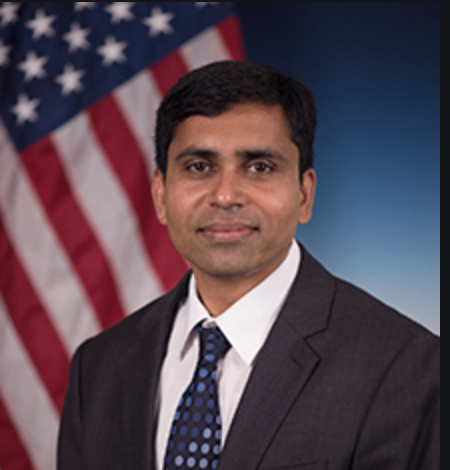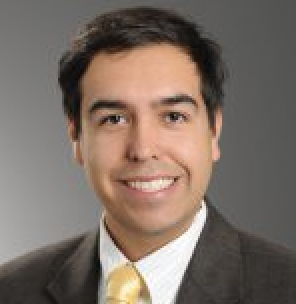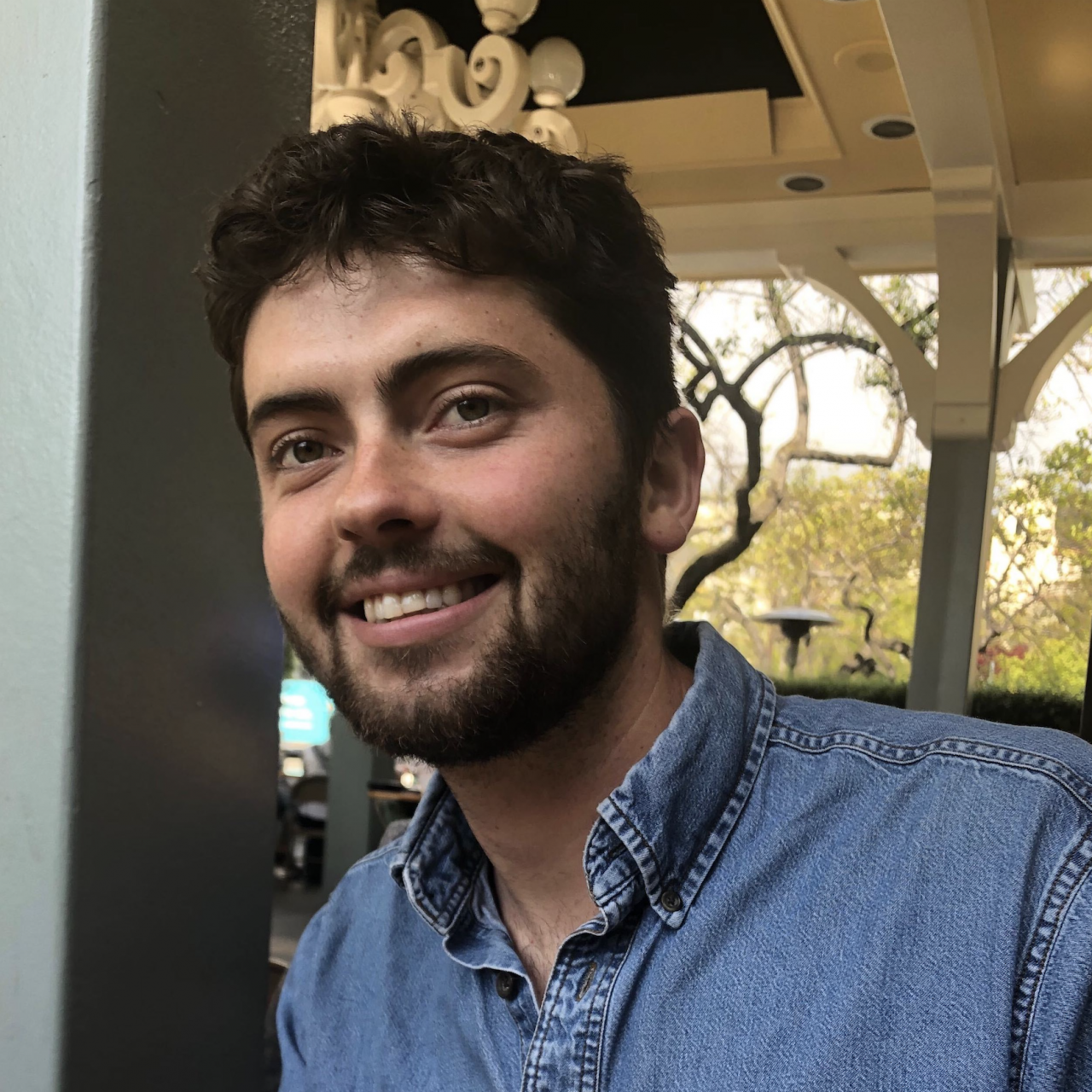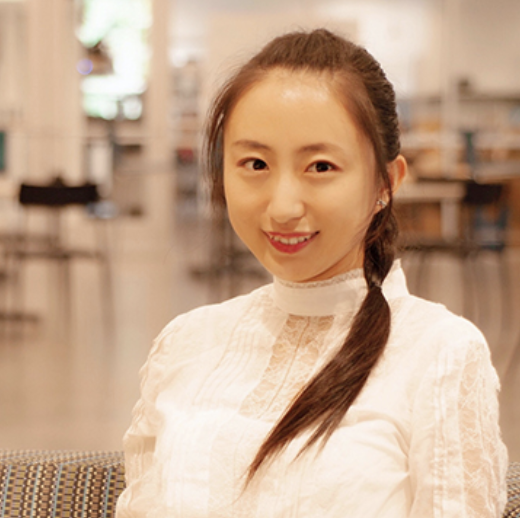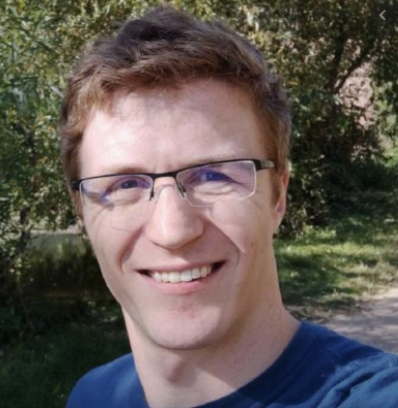 2021 Summer Lecture Series
2021 Summer Lecture Series
 2 0 2 1 L E C T U R E S E R I E S
2 0 2 1 L E C T U R E S E R I E S 
This summer we have a jam-packed lecture series featuring presenters with wide-ranging expertise in multiple disciplines on Vanderbilt's campus and globally. Be sure to "Save-the-Date" for these exciting talks. They will provide an excellent opportunity to get exclusive insight into the projects that we here at VU-ISIS (and other departments) are working on and affiliated with.
2021 SCHEDULE
Wednesday, May 26: Peter Volgyesi (recording found here)
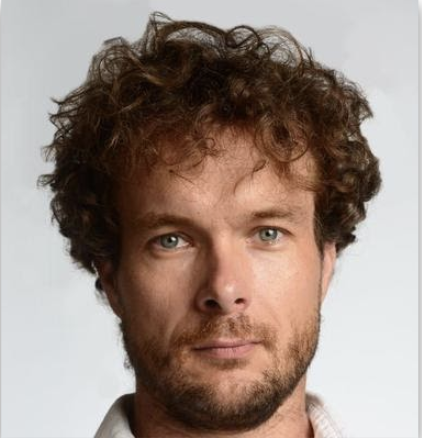 |
Peter Volgyesi is a Research Scientist at Vanderbilt University interested in wireless sensors, low-power hardware design, software-defined radios, signal processing, and sensor fusion. He worked on several practical applications for detecting and localizing gunshots, time synchronizing and localizing low-power devices. He was also involved in the design and development of collaborative modeling tools.
Between 2013-2019 his team was highly successful in the DARPA Spectrum Challenge and Spectrum Collaboration Challenge, winning first prizes multiple times. |
Wednesday, June 2: Daniel Balasubramanian (recording found here)
 |
Dr. Daniel Balasubramanian is a research scientist at VU-ISIS at Vanderbilt University, and an adjunct assistant professor of Computer Science in the EECS department. His research interests include symbolic execution, code analysis, the lightweight application of formal methods and analysis to model-based development. He is currently working on a dynamic symbolic execution engine for JAVA and teaching an undergraduate course on operating systems. In past he has worked on the DARPA STAC program, the Microsoft FORMULA tool, the DARPA F6 project, the Graph Rewriting and Transformation tool, and the Universal Data Model. Balasubramanian received his PhD in computer science from Vanderbilt University. Contact?: daniel (dot) a (dot) balasubramanian (at) vanderbilt (dot) edu |
Wednesday, June 9: Aniruddha Gokhale (recording found here)
 |
Aniruddha "Andy" Gokhale is a professor of Computer Science and Computer Engineering at Vanderbilt University. His research focuses primarily on solving systems-level challenges by designing and implementing innovative algorithmic solutions incorporating elegant software engineering principles, such as design patterns, domain-specific modeling and generative programming. His current projects include “DDDAS-as-a-Service: Dynamic Resource Management Algorithms and Systems Software for an Infosymbiotics Hosting Platform,” for the AFOSR Dynamic Data Driven Applications Systems (DDDAS) program and “Spatio-Temporal AI Inference Engines for System-Level Reliability,” for Cisco. |
Wednesday, June 16: Ayan Mukhopadhyay (recording found here)
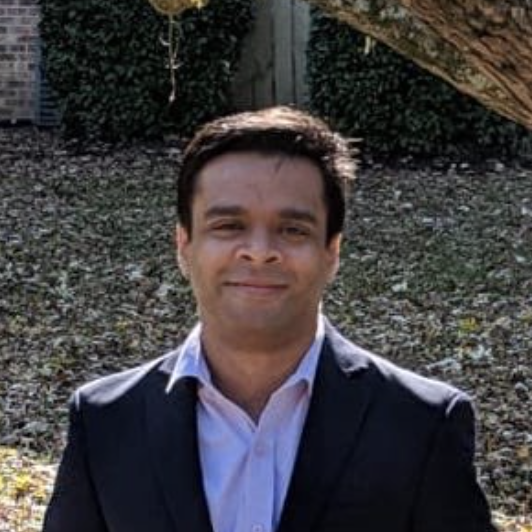 |
Dr. Ayan Mukhopadhyay is a research scientist at Vanderbilt University, USA. His research interests are multi-agent systems, robust machine learning, and decision-making under uncertainty. Prior to this, he was a post-doctoral research fellow at the Stanford Intelligent Systems Lab at Stanford University, USA. He was awarded the 2019 CARS post-doctoral fellowship by the Center of Automotive Research at Stanford (CARS). He finished his doctorate in Computer Science at Vanderbilt University’s Computational Economics Research Lab, and his doctoral thesis on robust decision-making for emergency response was nominated for the Victor Lesser Distinguished Dissertation Award 2020. |
Wednesday, June 23: Sandeep Neema - canceled
|
|
Dr. Sandeep Neema is a research associate professor of electrical engineering and computer science at Vanderbilt University, and a senior research scientist at the Institute for Software Integrated Systems. In between his time at Vanderbilt, he joined DARPA in July 2016. Dr. Neema participated in numerous DARPA initiatives through his career including the Transformative Apps, Adaptive Vehicle Make, and Model-based Integration of Embedded Systems programs. His research interests include cyber physical systems, model-based design methodologies, distributed real-time systems, and mobile software technologies. Dr. Neema has authored and co-authored more than 100 peer-reviewed conference, journal publications, and book chapters. He holds a doctorate in electrical engineering and computer science from Vanderbilt University, and a master’s in electrical engineering from Utah State University. He earned a bachelor degree in electrical engineering from the Indian Institute of Technology, New Delhi, India. |
Wednesday, June 30: Adam Tagert (recording found here)
|
|
Adam Tagert is the technical director of the National Security Agency Science ofSecurity Initiative. He sets the technical direction for research projects at 18 Science of Security (SoS)funded universities, leads the NSA Best Cybersecurity Paper Competition, guides theSoS awards at the International Science and Engineering Fair, and builds communitywith the SoS Virtual Organization. He received his Ph.D. from Carnegie MellonUniversity in Engineering and Public Policy where he researched nationalcybersecurity strategies of small developing nations, particularly Rwanda. Adam obtained a Computer Science degree from Princeton University. |
Wednesday, July 7: Forrest Laine (recording found here)
|
|
Forrest has accepted an offer to join as an Assistant Professor of Computer Science at Vanderbilt University starting Fall 2021. If you are a student interested in doing a Ph.D. on numerical optimization and game theory applied to robotics problems, email him! Forrest is currently a 5th-year Ph.D. candidate at UC Berkeley, advised by Professor Claire Tomlin. His research is on the design of numerical methods for the safe and effective deployment of autonomous systems. He focuses predominantly on theoretic and algorithmic developments of methods related to dynamic game theory, and the application of such methods to robotic systems. Problems Forrest is particularly interested in are those of mult-agent interaction, multiple-object tracking, trajectory optimization, and robust machine learning. Forrest is originally from Bellingham, Washington. When not doing research, he loves to spend time outside. |
Wednesday, July 21: Alexander Pretschner (recording found here)
|
|
Alexander Pretschner has been founding director of the Bavarian Research Institute for Digital Transformation since 2018. Since 2016 he has served as scientific director and since 2019 spokesman of the scientific board of fortiss, the Bavarian state research institute for software-intensive systems and services. The research area of Professor Pretschner is software and systems engineering. His main focus is on testing and information security. Professor Pretschner studied computer science at RWTH Aachen and at the University of Kansas where he was a Fulbright grant recipient. After obtaining his doctorate at TUM, he worked as a senior researcher at ETH Zurich for five years. He then moved on to head a research group at the Fraunhofer Institute for Experimental Software Engineering in Kaiserslautern. Parallel to this he was an adjunct associate professor at TU Kaiserslautern, and was a full professor at Karlsruhe Institute of Technology prior to joining TUM in 2012. |
Wednesday, July 28: Meiyi Ma (recording found here)
|
|
Meiyi Ma is a Ph.D. candidate in the Department of Computer Science at the University of Virginia, working with Prof. John A. Stankovic and Prof. Lu Feng. Her research interest lies at the intersection of Machine learning, Formal Methods, and Cyber-Physical Systems. Specifically, her work integrates formal methods and machine learning, and applies new integrative solutions to build safe and robust integrated Cyber-Physical Systems, with a focus on smart city and healthcare applications. Meiyi’s research has been published in top-tier machine learning and cyber-physical systems conferences and journals, including NeurIPS. She has received multiple awards, including the Link Lab Outstanding Graduate Research at the University of Virginia and the Best Master Thesis Award. She is serving as the information director for ACM Transactions on Computing for Healthcare and reviews for multiple conferences and journals. She also served as organizing committees for several international workshops. |
Wednesday, August 4: Brian Broll (recording found here)
|
|
Dr. Brian Broll is currently an AI Resident at Microsoft working on integrating rule-based AI and imitation learning to leverage their complementary strengths in game AI settings. The goal is to create an agent which leverages the expressiveness of imitation learning to get more human-like behavior while preserving the predictable behavior guarantees afforded by rule-based approaches. Brian finished his PhD at Vanderbilt University in C.S. (specifically Software and Systems Engineering). His dissertation research focused on making distributed computing accessible to kids leveraging blocks-based programming environment. The implementation of this work, NetsBlox, extends Snap! (the educational visual programming language developed at Berkeley) providing networking capabilities including messaging and access to real world data sources. Brian is also interested in artificial intelligence, machine learning, and making techniques in these areas more accessible for those outside of the particular fields. Outside of work, he enjoys rock climbing, coaching wrestling, playing video games, and hanging out with his wife! |

